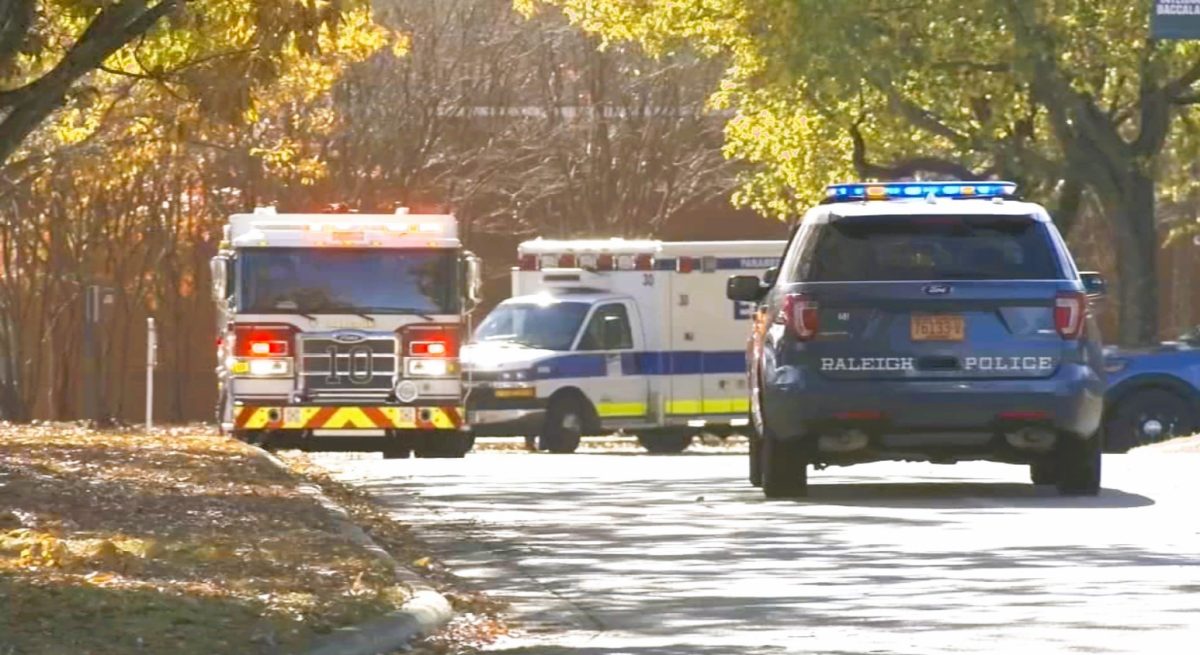
The Justice Department recently filed criminal charges against 34-year-old Decarlos Brown Jr., the man accused of fatally stabbing Iryna Zarutska, a Ukrainian refugee, on a light rail train in Charlotte, N.C. in August.
Video footage has spread rampantly across various social media platforms, with the exact moment of the attack seen by millions. The footage shows Zarutska in her pizzeria uniform while scrolling on her phone. Brown is seen in a red hoodie behind her, and about four minutes later, he pulls out a knife and begins stabbing Zarutska three times, including at least once in the neck.
Brown could face the federal death penalty if charged, which stems from a law aimed at terrorist attacks on mass transit, including trains. Attorney General Pam Bondi said in a statement, “Iryna Zarutska was a young woman living the American dream — her horrific murder is a direct result of failed soft-on-crime policies that put criminals before innocent people.” She included that her office would “seek the maximum penalty for this unforgivable act of violence — he will never again see the light of day as a free man.”
The case has become the latest topic in the debate over whether cities such as Charlotte are adequately addressing violent crime, mental illness and public transport safety. Mr. Brown could also face the death penalty if convicted in North Carolina court, where he has been charged with first-degree murder. This would be the first death penalty conviction in North Carolina since 2006, primarily due to challenges related to drugs used for lethal injection.
Police have stated that Brown is confirmed to be homeless, mentally ill, and has been arrested 14 times over the last twelve years. Some of his charges included armed robbery, injury to personal property, felony larceny, and breaking and entering. Brown’s mental state appears to have deteriorated in recent months. Most notably, in January, when the police conducted a welfare check on him, he told officers that someone had given him “a ‘man-made’ material that controlled when he ate, walked, and talked.”
His mother told local television she was looking for an involuntary psychiatric commitment this year after he was diagnosed with schizophrenia. He suffered hallucinations and paranoia, his sister Tracey Brown said. She stated her brother told her multiple times the government had implanted a chip in him. “I knew he was battling something, but I wanted to know what it was,” she said.
Those who knew Zarutska said she brimmed with potential. The talented artist quickly became fluent in English, found work at a pizzeria and dreamed of becoming a veterinary assistant. Her obituary states. “She shared her creativity generously, gifting family and friends with her artwork. She loved sculpting and designing unique, eclectic clothing that reflected her vibrant spirit.”
The Zarutska family also called for a full investigation into her death. They requested for city officials to enact reforms and for the media to stop spreading footage of the incident. “This could have been anyone riding the light rail that night,” the family said. “We are committed to making sure this never happens again.”





